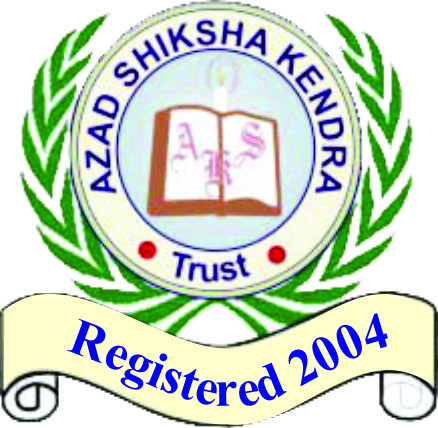Cause Area
Primary Sectors
Secondary Sectors
Financials
-
2024
Total IncomeRs.7,500,000Total ExpensesRs.7,500,000Non Program ExpensesRs.2,000,000Program ExpensesRs.5,500,000Tip: Click on any value above to exclude it.
Geographies Served
Programs
-
Prevention and response to gender-based violence
DistrictDistrict
Jaunpur
The program focuses on ensuring quality education and child protection, particularly for girls, across 150 villages by engaging parents and communities. It addresses gender-based violence by involving young people and men in rural areas through training and awareness campaigns. Special emphasis is placed on sexual and reproductive health (SRH) and breaking stereotypes around gender, masculinity, and comprehensive sexuality education (CSE). With the YP Foundation's support, over 1,000 youth participated in campaigns, 200 were sensitized on SRH, and 10 youth groups were formed to foster dialogue and action.
-
Harmony and Democracy through of Composite Heritage and Constitution project
District
Jaunpur
States
Uttar Pradesh
Shahganj in Jaunpur district of Uttar Pradesh, a total of 15 villages of the block and 9 wards of Nagar Panchayat Khetasarai.s
Objective of the project:-
1 To build an understanding of constitutional and common heritage with 500 young people across selected locations
2 Establishing 25 youth clubs across 50 villages with 500 young people leading community dialogues and actions.
3 Designing and implementing 25 social change projects aimed at a solution based approach for the selected community issue.
Despite a long history of all forms (caste, religion, sect, community, region-based etc.) of violent conflicts, the lack of serious secular initiatives is particularly conspicuous, more so at the level of children – their text-books, schooling, family and neighbourhood. This program is the response to the need of ‘educating’ children who inevitably are at the receiving end of numerous conflicts and the ideology of hatred and divide emanating there from. The program – of -
2 Mishal Project
District
East Delhi
Jaunpur
Muzaffarnagar
Nuh
States
Delhi
Haryana
Uttar Pradesh
Our goals are the following:
(i) Regularly collect and analyses credible evidence on anti-minority abuses and targeting
(ii) Build community capacity to respond to anti-minority targeting/ discrimination locally and regionally, for justice and rehabilitation
(iii) Provide victims of torture/serious human rights violations a holistic package of direct assistance to overcome trauma/dislocation and seek justice
(iv) Expand and strengthen network of lawyers, paralegals and HRDs to support survivors in their quest for justice
If we are successful,
(i) Network of grassroots/in-community paralegals, HRDs and survivors will be able to respond to episodes of human rights abuses, by collecting and analysing information, building trust with victims, and triggering the criminal justice process, whilst also proving immediate support to survivors
(ii) Episodes of human rights abuses will be documented and evidence and analysis disseminated, to raise awareness domestics
Registration Details
-
PAN Card
AABTA1701D
-
Registration Number
291217-IV/3
-
CSR Form 1
SRN-T20198735
-
80G
AABTA1701DE20168
-
12A
AABTA1701DF20216
-
FCRA
136510025
About
-
Headquarters
Jaunpur, Uttar Pradesh
-
Since
2004
Impact
The organization has worked to improve education, health, environment, and nurture skills required for people to become self-reliant and live with dignity.
Vision and Mission
ASK envisions the attainment of social democracy through the development of educated, healthy, and empowered communities, focusing on protecting human rights, education, and promoting sexual and reproductive health.
Political & Religious Declarations
-
Political Affiliation
-
Religious Affiliation
Location
-
Headquarters
Rameshwer Shishu Vihar, Mohalla Rasmandal, Post Sadar, District -222001, Uttar Pradesh (INDIA), Jaunpur, Uttar Pradesh
Directions, Jaunpur, Uttar Pradesh -
Offices in Cities
Jaunpur
Other Details
-
Type
Non-profit
-
Sub Type
Trust
Website
Technology Adoption
-
SOC 2 Compliant
No
-
Financial Management
-
Beneficiary Management



